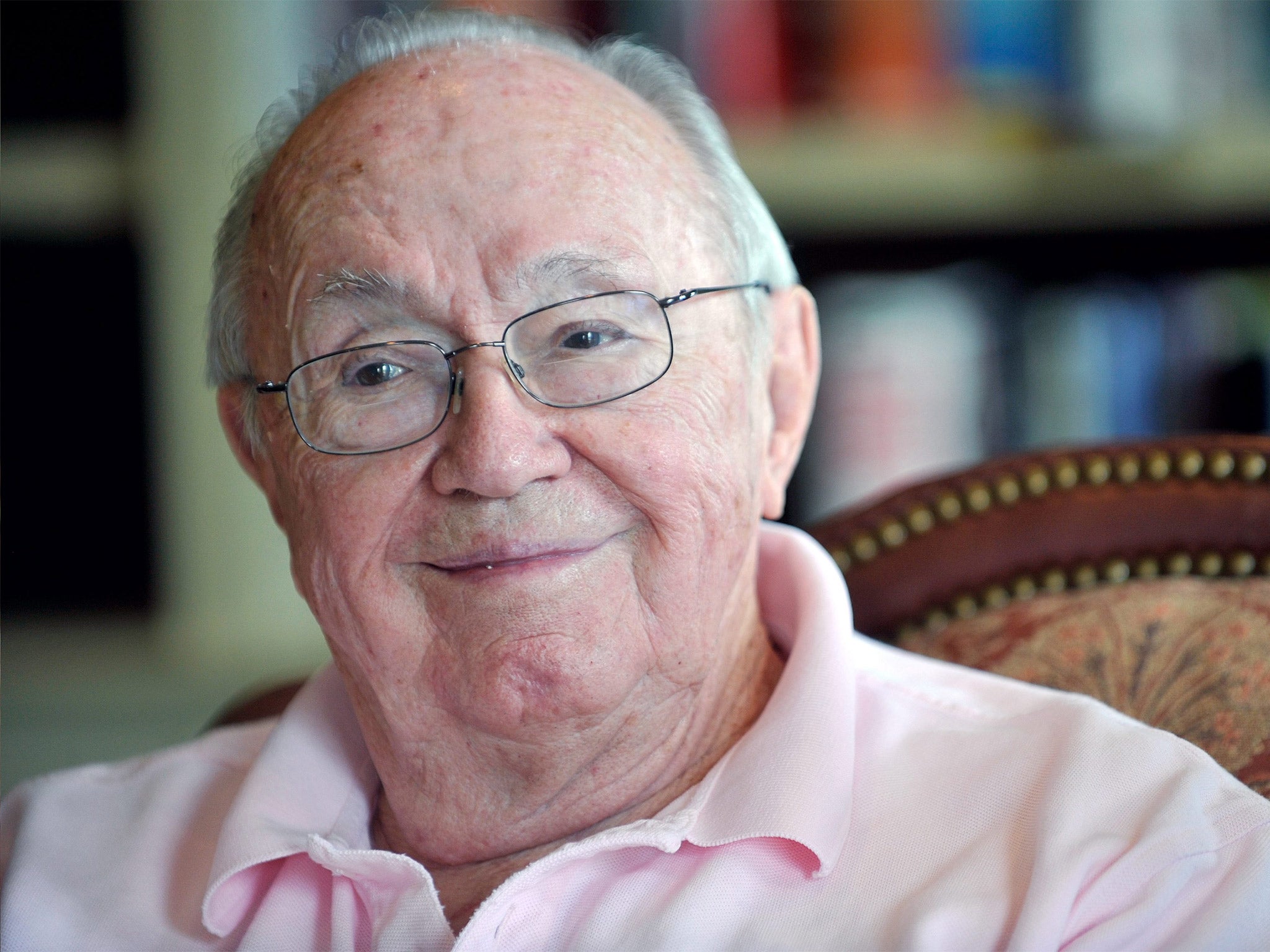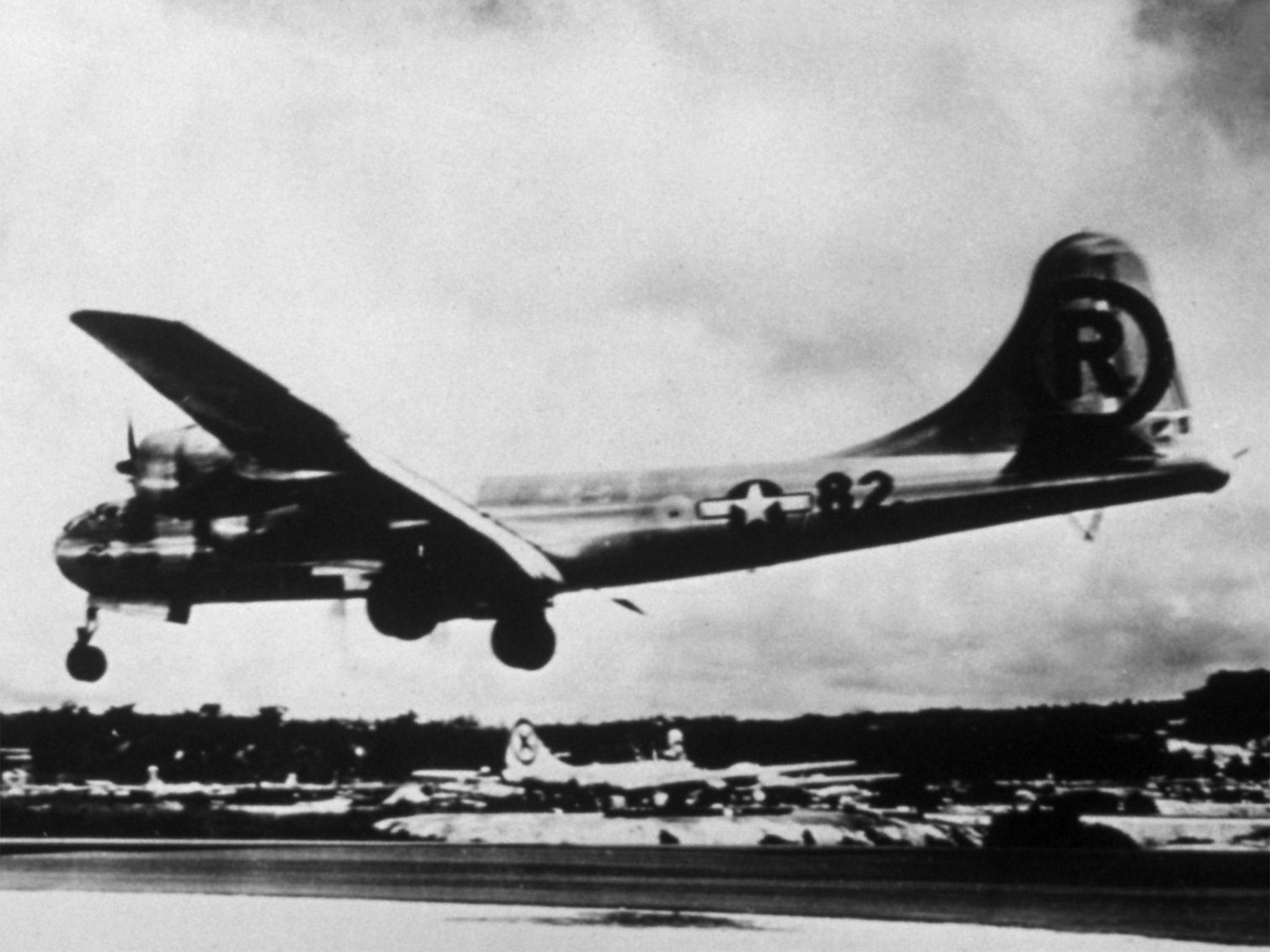Last survivor of Enola Gay aircrew that dropped the bomb on Hiroshima dies aged 93

Your support helps us to tell the story
From reproductive rights to climate change to Big Tech, The Independent is on the ground when the story is developing. Whether it's investigating the financials of Elon Musk's pro-Trump PAC or producing our latest documentary, 'The A Word', which shines a light on the American women fighting for reproductive rights, we know how important it is to parse out the facts from the messaging.
At such a critical moment in US history, we need reporters on the ground. Your donation allows us to keep sending journalists to speak to both sides of the story.
The Independent is trusted by Americans across the entire political spectrum. And unlike many other quality news outlets, we choose not to lock Americans out of our reporting and analysis with paywalls. We believe quality journalism should be available to everyone, paid for by those who can afford it.
Your support makes all the difference.The last surviving member of the American crew who dropped the Hiroshima nuclear bomb that killed 140,000 people and triggered the end of the Second World War has died.
Theodore “Dutch” Van Kirk, 93, was navigator on board the US B-29 Superfortress Enola Gay that dropped the atomic bomb on the Japanese city of Hiroshima on 6 August 1945.
He died of natural causes at a retirement home in Georgia where he lived with his son Tom Van Kirk.
Mr Van Kirk served in the military for a year after the war ended in 1945 and then became an expert in chemical engineering, later joining the US chemicals company DuPont where he stayed until his retirement in 1985.

One of 12 crew members on the Enola Gay, he always defended the bombing, saying it accelerated an end to a conflict that would have cost many more lives.
Two-fifths of Hiroshima’s population of 350,000 died in the attack and its aftermath. Three days after Hiroshima, a second nuclear device was dropped on Nagasaki, claiming 80,000 lives. Japan surrendered six days later.
“I honestly believe the use of the atomic bomb saved lives in the long run,” he said in an interview in 2005.
Join our commenting forum
Join thought-provoking conversations, follow other Independent readers and see their replies
Comments